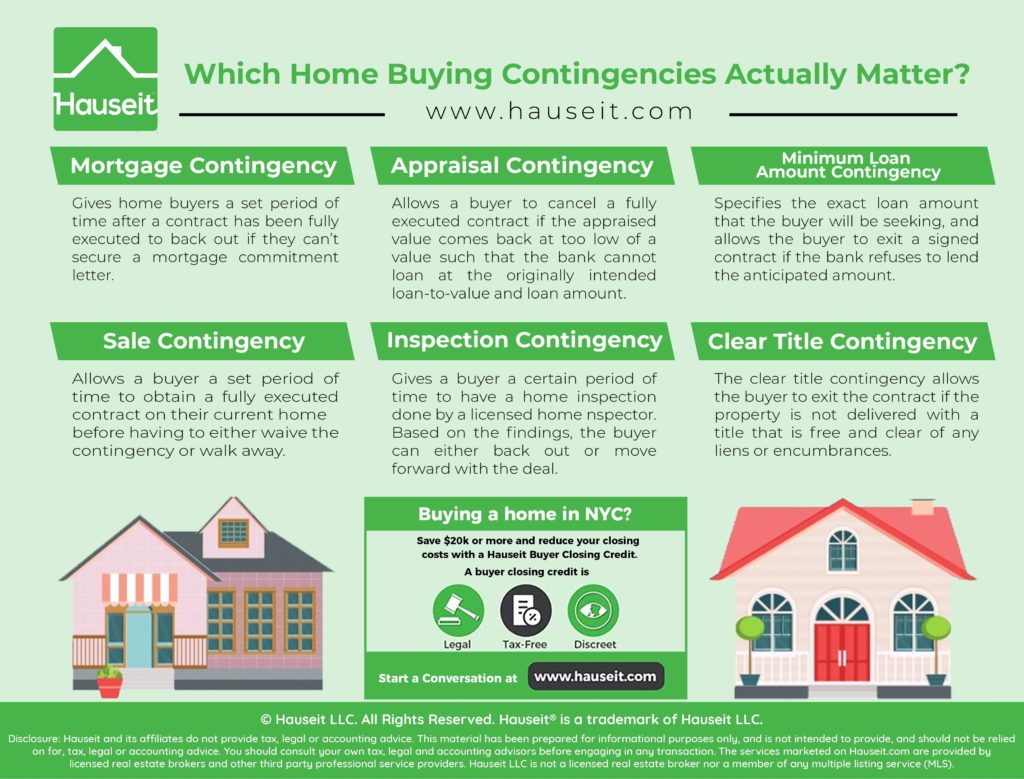In the world of real estate transactions, how long does it take to transfer ownership of property? is really a critical element that may significantly effect the results of a deal. This contingency is actually a clause in a property contract that produces the purchase of a new home dependent on the purchase of the buyer's recent property. Understanding the role and implications of this contingency is essential for both buyers and sellers.
What's a Home Purchase Contingency?
A house purchase contingency is just a situation included in a obtain offer that stipulates the client should offer their existing house before they can finalize the obtain of the new property. That clause offers a safety web for consumers who need the proceeds from their current house to fund the obtain of a fresh one. Without this contingency, buyers may face financial strain or struggle to total the transaction.
Advantages for Buyers
For consumers, a property sale contingency could be useful since it reduces economic risk. It allows them to create an offer on a new home and never having to first offer their current property. This can be specially useful in aggressive areas wherever buyers may sense pressured to do something quickly. With a property purchase contingency, they can secure a fresh house and move forward with the buy when their current house is sold.
Also, this contingency can provide peace of mind. Customers do not have to bother about holding two mortgages or possibly being caught with a new house obtain if their active property does not sell. It offers a organized schedule for selling their current house and guarantees they are not overextending themselves financially.
Difficulties for Suppliers
For sellers, a property purchase contingency can pose challenges. When a customer contains this clause inside their offer, it presents an amount of uncertainty into the transaction. Owner may face delays if the buyer's current home does not provide promptly. This may potentially influence the seller's ideas, specially if they are looking to go easily or have already committed to purchasing another property.
Furthermore, in a aggressive industry with multiple offers, a property purchase contingency might make a present less attractive in comparison to these without such conditions. Retailers may prioritize offers that don't have contingencies to avoid the threat of a deal falling through.
Talking the Contingency
Equally buyers and dealers should cautiously contemplate how to negotiate a house purchase contingency. Consumers might agree to a shorter schedule for selling their house to make their offer more appealing. On one other give, dealers may require a bigger earnest income deposit or more offer value to counteract the danger associated with the contingency.
In some instances, retailers might even counteroffer with a provision that enables them to keep marketing their house whilst the contingency is in influence, giving them the possibility to just accept yet another present if it comes along.

Conclusion
The house purchase contingency represents a vital role in property transactions, giving consumers with economic security while offering issues for sellers. Understanding their impact helps both events understand the difficulties of the actual property market and produce informed choices that align making use of their goals and needs. Just like any property contract clause, effective discussion and apparent interaction are crucial to ensuring a smooth transaction.
